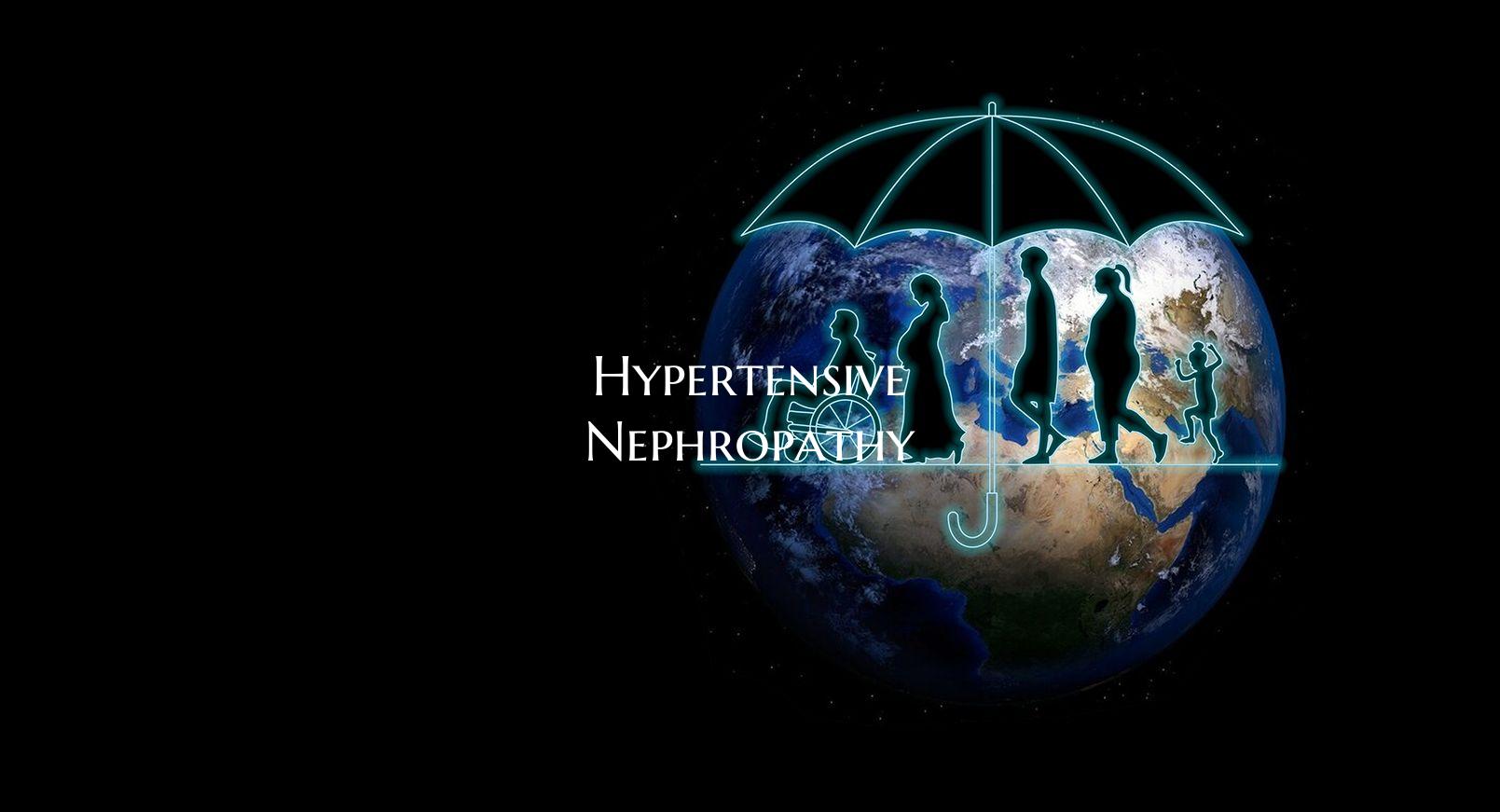
Hypertensive Nephropathy
Hypertensive nephropathy, also known as hypertensive kidney disease, is a condition characterized by kidney damage caused by high blood pressure. The kidneys play a vital role in regulating blood pressure and maintaining overall bodily function. When blood pressure remains persistently high, it can lead to long-term damage to the delicate blood vessels in the kidneys, impairing their ability to filter waste and excess fluids from the blood effectively.
Over time, the strain on the kidneys from untreated or poorly managed high blood pressure can result in hypertensive nephropathy. This condition can progress slowly and often goes unnoticed until significant damage has already occurred. Symptoms may include changes in urination patterns, swelling in the hands and feet, fatigue, and overall weakness.
Early detection of hypertensive nephropathy is essential for preventing further kidney damage and managing blood pressure effectively. Treatment typically involves a combination of lifestyle modifications, such as adopting a healthy diet low in sodium and saturated fats, regular exercise, and stress management techniques. Medications to control blood pressure and protect kidney function may also be prescribed by a healthcare provider.
If left untreated, hypertensive nephropathy can progress to more severe kidney complications, including chronic kidney disease and end-stage renal failure. Regular monitoring of blood pressure levels, kidney function tests, and adherence to prescribed treatment plans are crucial for managing hypertensive nephropathy and minimizing its impact on overall health.
Ultimately, maintaining a healthy lifestyle and keeping blood pressure under control are key factors in preventing hypertensive nephropathy and preserving kidney function. By prioritizing regular check-ups, following treatment recommendations, and making positive lifestyle choices, individuals can mitigate the risks associated with this condition and support long-term kidney health.